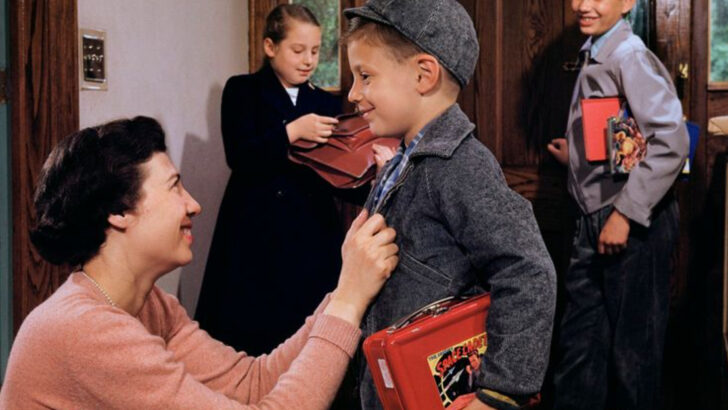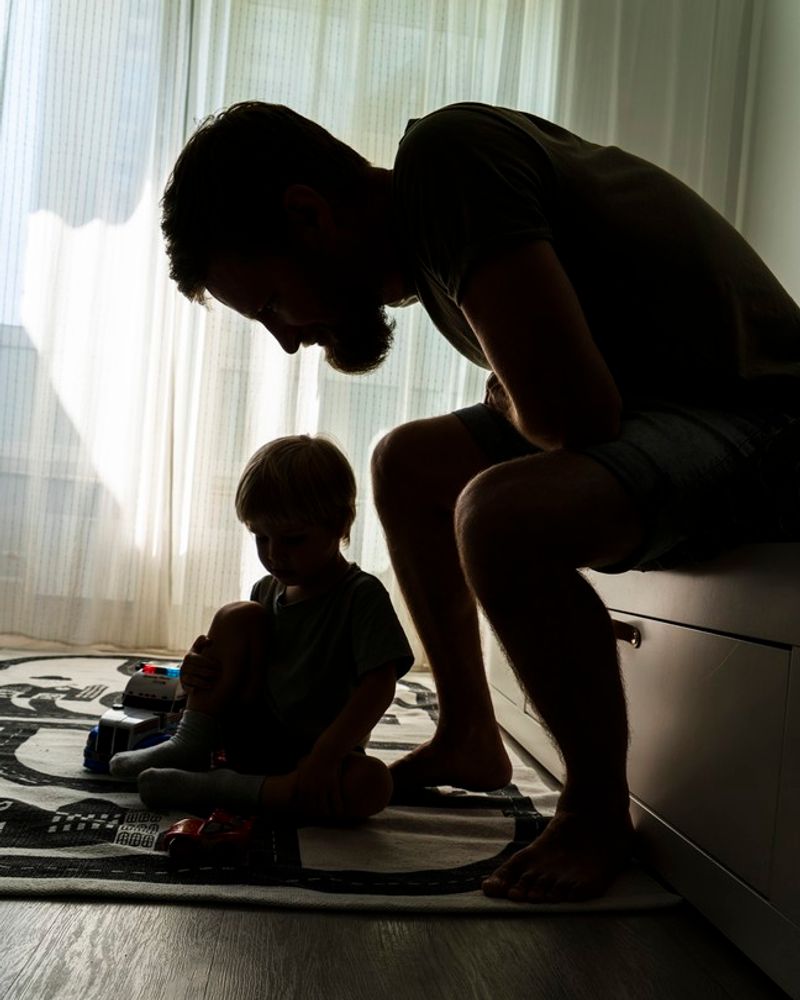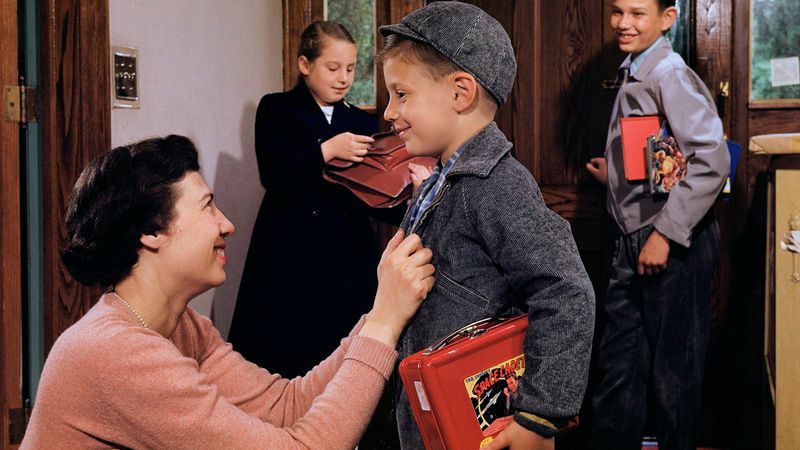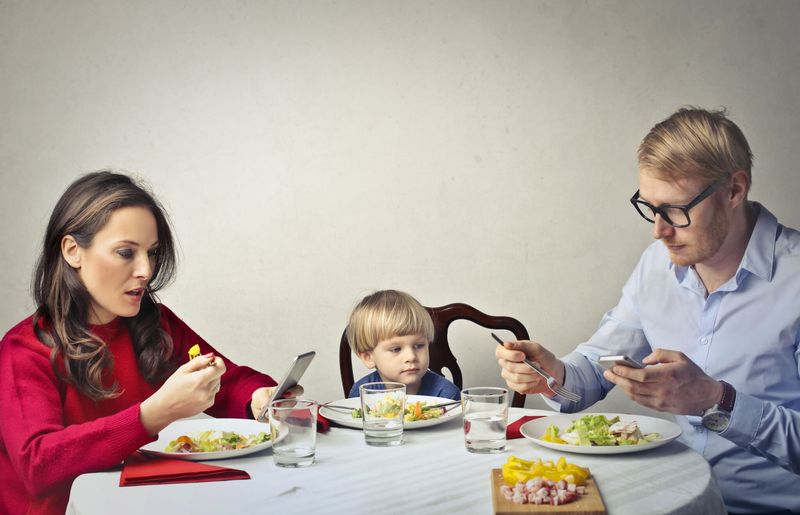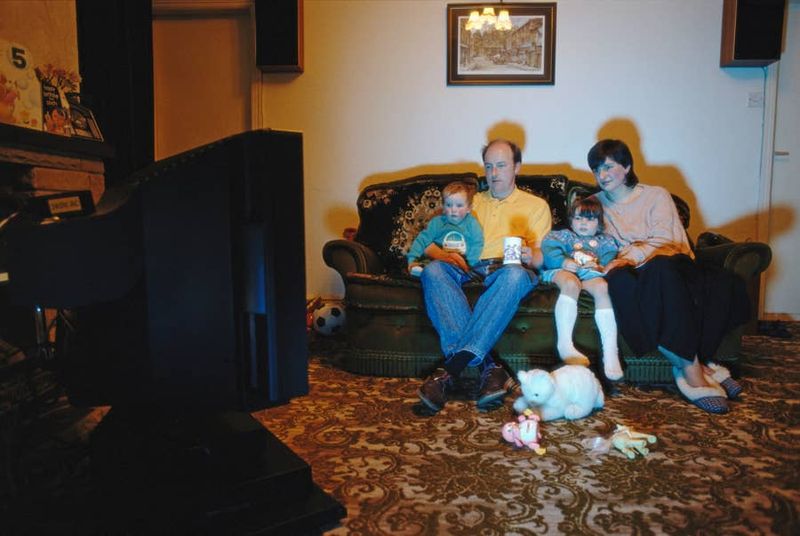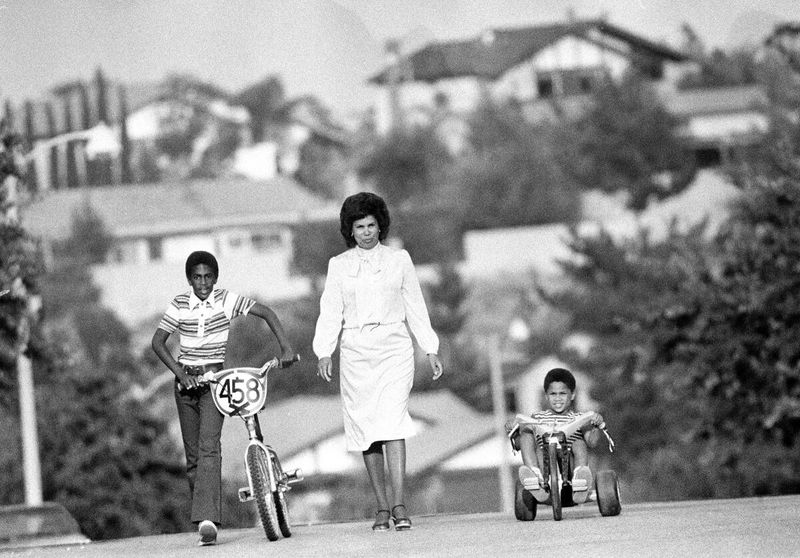Explore the generational shifts in parenting behaviors, values, and cultural norms from Boomers to Millennials.
This blog post examines how parenting approaches have evolved, highlighting 18 distinct practices Boomers followed that have significantly changed with Millennial parents. The focus is on a balanced and observational perspective.
1. Letting kids roam the neighborhood unsupervised
In the era of Boomers, the neighborhood was every child’s playground. Kids would explore streets, parks, and alleys without a hovering parent insight. It was an age when “come back before dark” was the only rule. Today, safety concerns have changed the landscape.
Millennial parents tend to supervise their kids’ outings closely or opt for organized playdates in controlled environments. While the sense of adventure might differ, both generations share a love for outdoor play.
The shift reflects greater awareness and concern for child safety rather than a decrease in trust or freedom. It also speaks to the cultural shift toward more structured and monitored childhood experiences.
2. Prioritizing discipline over discussion
For Boomers, discipline often came in the form of strict rules and consequences. The mantra “because I said so” reigned supreme, and obedience was a highly valued trait.
Contrastingly, Millennial parents often favor dialogue and understanding. They encourage open discussions about rules and their rationale, aiming to foster mutual respect.
This change underscores a broader societal trend towards emotional intelligence and empathetic communication, reflecting a shift from authoritative to more authoritative yet approachable parenting styles.
3. Trusting TV to babysit
Television was a fixture in Boomer households, often doubling as a babysitter for busy parents. Shows like “Sesame Street” and “Mr. Rogers” became iconic, providing both entertainment and subtle education.
Millennial parents, however, are more cautious about screen time, often setting strict limits and encouraging interactive activities instead. The digital age has also introduced a plethora of devices, making screen time management more challenging.
While both generations appreciate the educational value of media, there’s a stronger emphasis now on balancing screen exposure with other enriching experiences.
4. Skipping mental health conversations
Mental health was rarely a dinner table topic for Boomers. Emotional struggles were often brushed aside or misunderstood, cloaked in stigma.
In contrast, Millennial parents prioritize mental health, fostering open dialogues about feelings and wellbeing. Therapy and mindfulness practices are more commonly embraced, reflecting a broader acceptance.
This evolution highlights growing awareness and support systems for mental health in children, aiming to break generational chains of silence and stigma.
5. Rarely saying “I’m proud of you”
Expressions of pride were often implicit in Boomer households, conveyed more through actions than words. Achievements were acknowledged, but verbal affirmations of pride were not always forthcoming.
Millennial parents, however, frequently use words of encouragement, understanding the powerful impact of positive reinforcement on self-esteem.
This change reflects a deeper understanding of emotional nurturing, aiming to bolster children’s confidence and emotional resilience through open communication and praise.
6. Avoiding open talks about emotions
Many Boomer parents grew up in environments where emotional expression was limited. Feelings were often kept under wraps, and vulnerability was rarely shared.
Millennials, on the other hand, encourage emotional expression and validation. They provide safe spaces for children to explore and articulate their emotions without fear of judgment.
This generational shift signals a move towards emotional literacy and accessibility, promoting healthier emotional development in kids.
7. Expecting kids to “tough it out”
Boomer parents often believed in the value of resilience built through adversity. Children were frequently told to “tough it out,” promoting self-reliance and grit.
Today’s parents, however, often provide more support and guidance through challenges, emphasizing emotional well-being alongside resilience.
The shift indicates a balance between fostering independence and offering emotional support, aiming to develop well-rounded individuals who are both strong and emotionally aware.
8. Using spanking as discipline
Corporal punishment was a common disciplinary measure among Boomer parents. Spanking was seen as an effective way to correct behavior and instill discipline.
In contrast, Millennial parents often turn to alternative methods such as time-outs, reasoning, and positive reinforcement. The focus is on understanding behavior rather than enforcing compliance through fear.
This represents a broader shift towards non-violent conflict resolution and a deeper understanding of child psychology.
9. Dismissing kids’ opinions
In Boomer households, children were often seen and not heard. Their opinions were frequently dismissed as naive or unimportant.
Millennial parents, however, actively involve their children in decision-making processes, valuing their perspectives and fostering a sense of agency.
This change underscores a shift towards inclusive family dynamics, enhancing communication and mutual respect between generations.
10. Packing sandwiches with white bread and bologna
Boomers’ school lunches often featured the iconic white bread and bologna sandwich, a staple of simplicity and convenience.
Today, Millennial parents prioritize nutrition, packing lunches with whole grains, organic ingredients, and diverse flavors to cater to modern health-conscious values.
This shift reflects broader changes in dietary awareness and the value placed on balanced nutrition for growing bodies.
11. Rarely attending school events
Boomer parents were less likely to attend every school event, often due to work commitments or differing cultural values regarding parental involvement.
Millennials make a concerted effort to participate actively in their children’s school lives, attending events and volunteering in classrooms.
This change highlights a growing emphasis on parental involvement and support, reinforcing the importance of being present in children’s educational experiences.
12. Limiting affection to special occasions
For many Boomers, affection was reserved for special occasions, marking significant achievements or holidays.
Millennial parents, in contrast, express affection more freely and regularly, understanding its importance in emotional bonding and security.
This evolution reflects a cultural shift towards open emotional expression and the nurturing of close, supportive family relationships.
13. Encouraging conformity over creativity
In Boomer times, conformity was often encouraged, with creativity taking a backseat to established norms and expectations.
Millennials, however, celebrate individuality and creativity, encouraging their children to explore diverse interests and talents.
This change highlights an evolving appreciation for innovation and personal expression, fostering environments where children can develop unique identities.
14. Assuming college was the only path
For Boomers, college was often seen as the default path to success, a non-negotiable step towards a stable career.
Millennials, however, recognize diverse paths to success, including trades, entrepreneurship, and non-traditional education.
This shift reflects a broader understanding of success and fulfillment, valuing diverse skills and innovative career paths.
15. Letting siblings “fight it out”
Boomer parents often allowed siblings to resolve their conflicts independently, believing it built character and negotiation skills.
Millennials, however, tend to mediate such conflicts, teaching conflict resolution and empathy.
This generational change reflects a focus on emotional intelligence and effective communication skills, preparing children for harmonious relationships.
16. Ignoring work-life balance
For Boomers, work often overshadowed personal life, with long hours and minimal focus on balancing family time.
Millennials strive for a healthier work-life balance, valuing family time and holistic wellbeing.
This change underscores a societal shift towards valuing personal life and mental health alongside professional success.
17. Believing chores were just “a given”
In Boomer households, chores were a given, an unquestioned part of daily life instilling responsibility.
Millennials incorporate chores into routines but often explain their purpose, fostering a sense of contribution and teamwork.
This reflects a balance between teaching responsibility and promoting a collaborative, informed approach to household duties.
18. Bragging wasn’t encouraged—even for achievements
Modesty was a virtue in Boomer households. Achievements were celebrated but rarely broadcasted, maintaining a humble demeanor.
Millennials, however, often celebrate accomplishments openly, understanding the importance of self-confidence and pride.
This shift highlights an evolving mindset towards celebrating successes and encouraging self-assurance and recognition.

